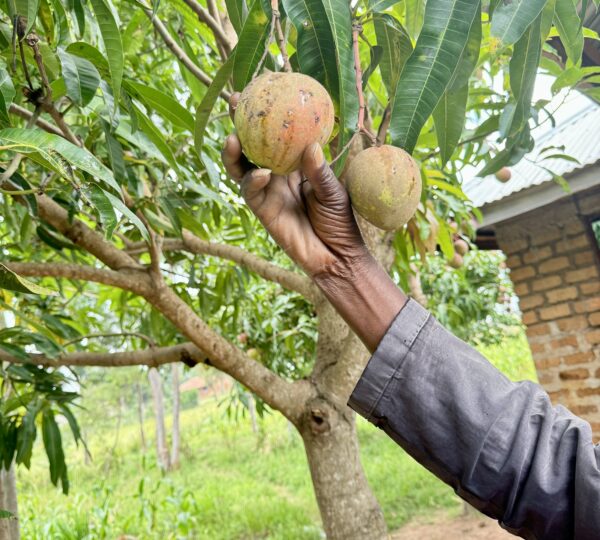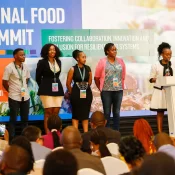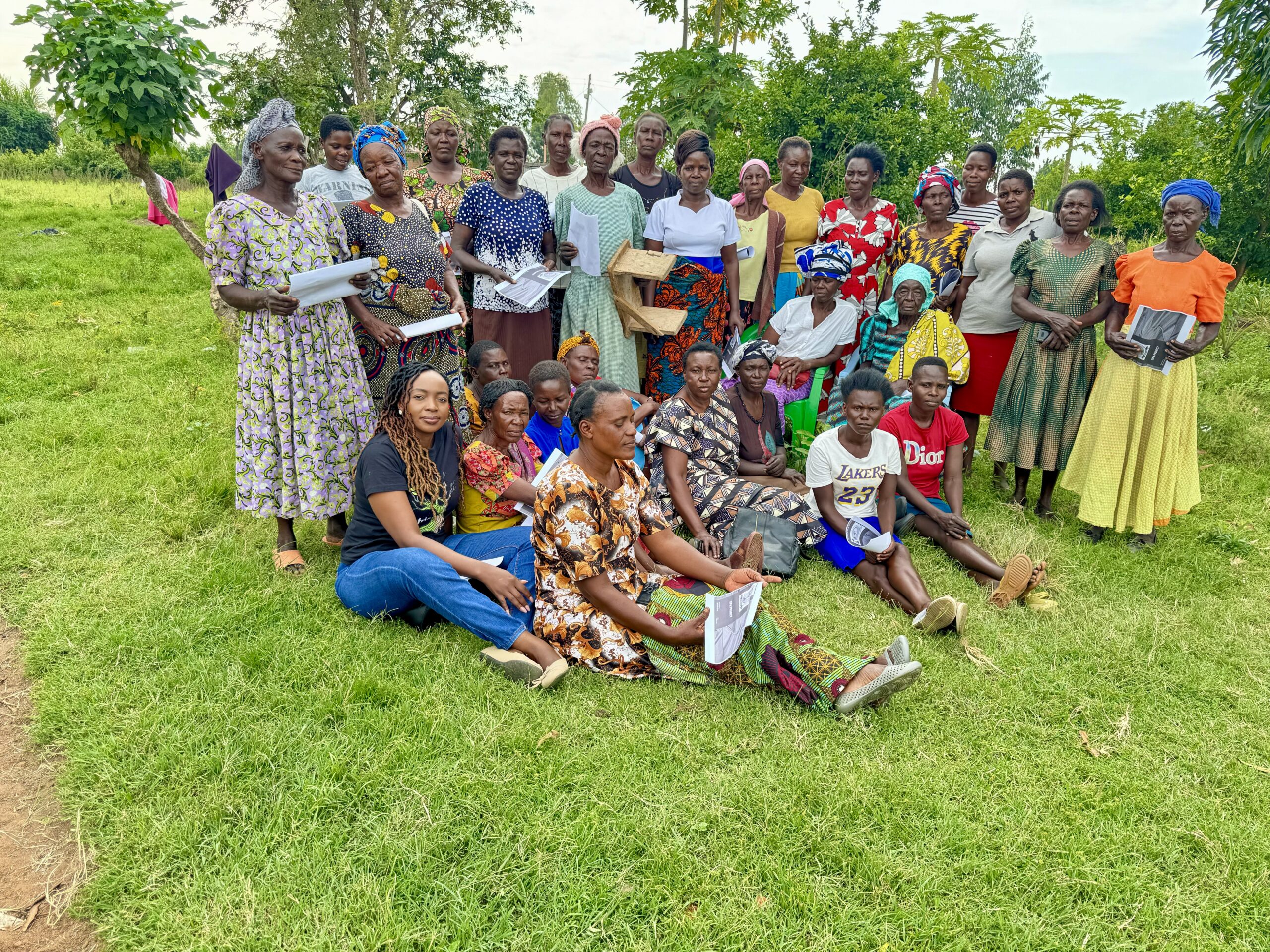
Engagements on Food Systems and Land Restoration Strategies in Migori County
The Africa Centre for Sustainable and Inclusive Development (Africa CSID) recently conducted engagements Migori County, focusing on discussions about food systems and land restoration strategies, particularly involving women groups. The aim was to address issues related to food and nutrition security, economic empowerment, and planetary health within the community.
One of our engagements was in Mangu village. During this engagement, Africa CSID collaborated with a women’s group to discuss and agree upon various activities related to food and nutrition security. The discussions also emphasized the role of women in the economic empowerment of the community and the importance of these efforts for the overall health of the community and the planet.
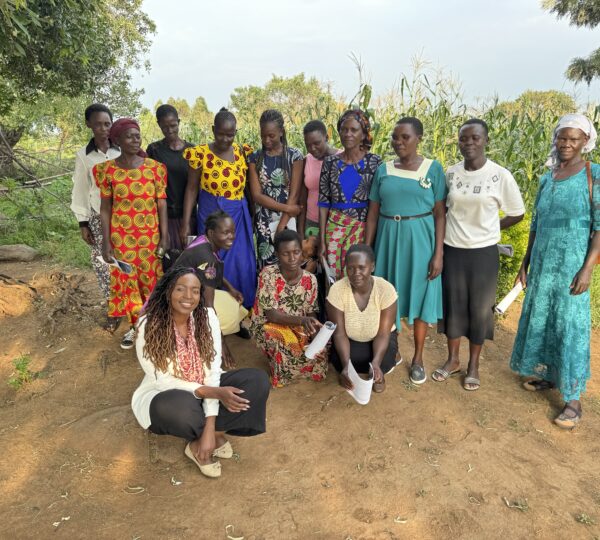
The second day of our engagement took us to Apilo Centre, where we held a meeting with two women groups. These groups shared their current challenges, proposed ideas for engagement, and expressed their need for support to enhance food security and economic empowerment. Plans for biodiversity conservation in the area were also discussed and agreed upon during these sessions.
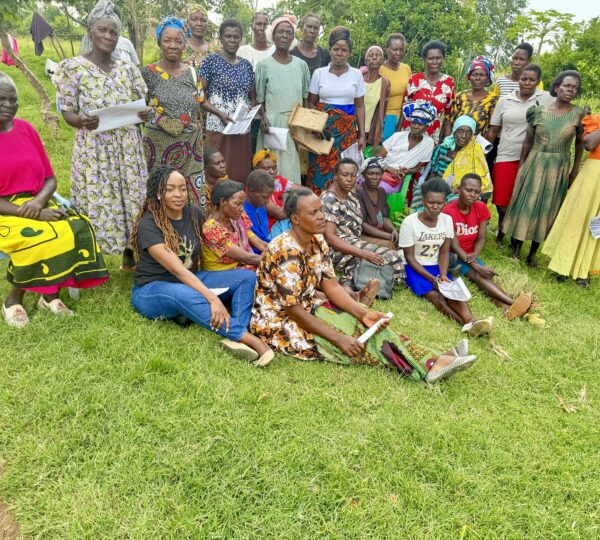
Apart from formal engagements with women groups, Africa CSID conducted informal discussions with male youth and men from diverse age groups. These conversations focused on the necessity of involving women in food systems and land restoration. Additionally, the importance of continuous tree planting and growing was highlighted during these interactions.
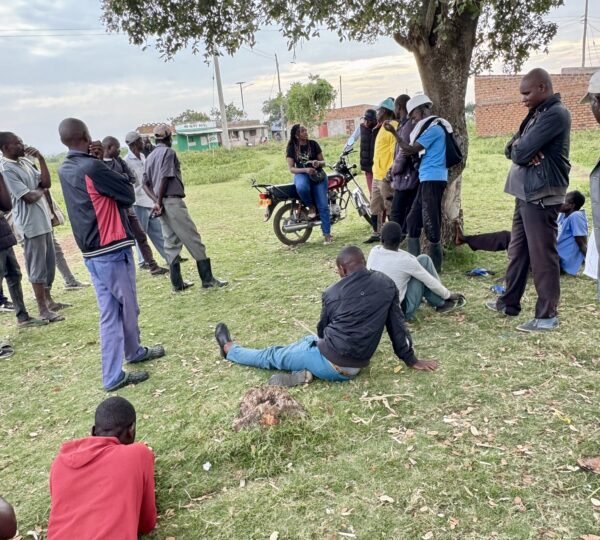
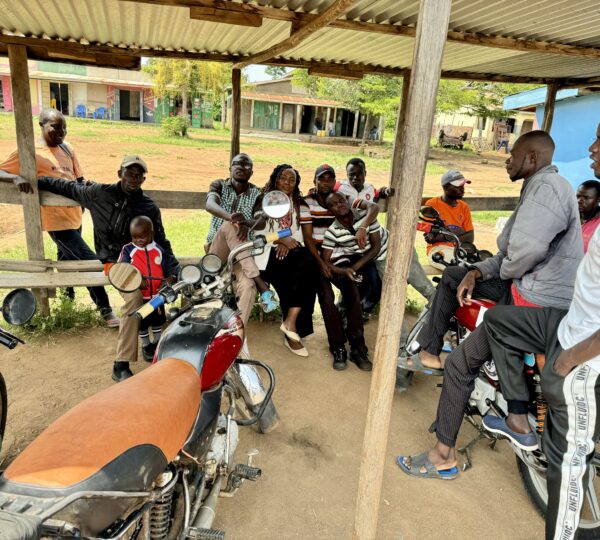
Towards the end of our engagements, an elderly man generously gave us a tour of his farm. He demonstrated intercropping practices involving cereals, vegetables, and fruits. Despite his efforts, he faced challenges with crop diseases, affecting his yield and discouraging further farming endeavors. Africa CSID committed to assisting him in seeking solutions to these challenges, currently consulting with experts.
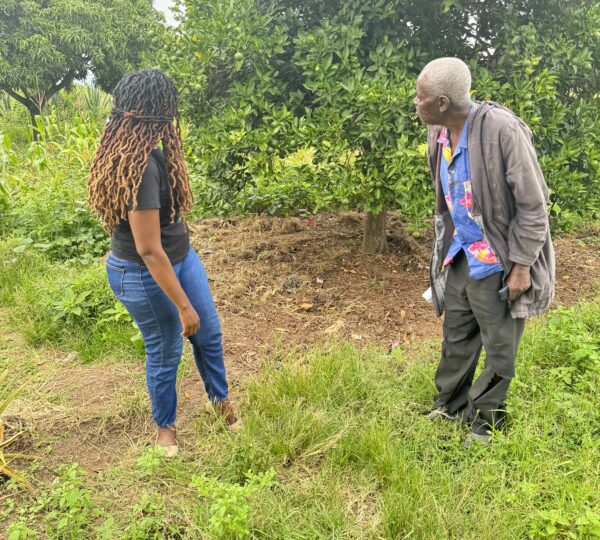
Agriculture serves as a remedy for both food insecurity and economic empowerment. Unfortunately, the lack of widespread knowledge dissemination, compounded by the inaccessibility of essential farming inputs, exacerbates the issue. Bridging these gaps requires considerable effort. Additionally, there is a pressing need for increased awareness about the interconnection between climate and food, emphasizing the significance of transitioning to sustainable food systems.
